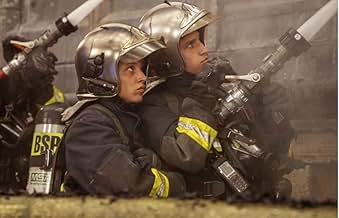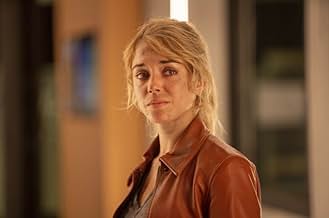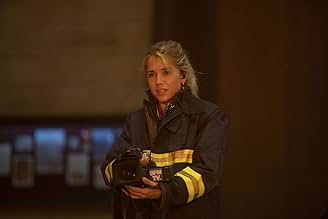I get what they were trying to do here; the human stories of nine Parisians--during the night the cathedral burned and how the event was a common factor in all of them.
Except ... not really.
In theory, it could have been very good, and some parts, like the skill of the producers in integrating real footage of the fire with their film, is good.
It has a few excellent dramatic moments but although some of the story lines jell, others don't and most have nothing to do with the fire except as a momentary distraction.
I also get that in making a TV drama you have to take some license with reality. But the howlers about the firefighters pointed out by others here are valid. That lackadaisical treatment might have passed in 1960s or '70s but audiences are much more sophisticated now.
And I get that in real life, even during unfolding disasters, people aren't always focused on the event. The French pride themselves on their style and skill with psychology.
But the character who keeps saying that 'everyone remembers what they were doing when Michael Jackson died' is jarring. I don't. A lot of people don't. And in the context of a story what does this even mean?
Are we supposed to compare the burning of Notre-Dame of Paris to Jackson's death?
Good psychology in that it sticks on my mind but bad in that--besides the interspersed footage of the real fire--this maudlin comparison is going to be my takeaway.
That and the haunting suspicion that this whole thing was employed by the screenwriters as a vehicle for a lot of leftover plot notions rejected from other scripts and all crammed into this one.
Considered as a soap opera this would pass. As a soap opera with a fire in the background it stumbles along. As a drama about the fire itself--which is how it was sold to us--falls flat on its face. You're much better off just watching archived news reports.


































